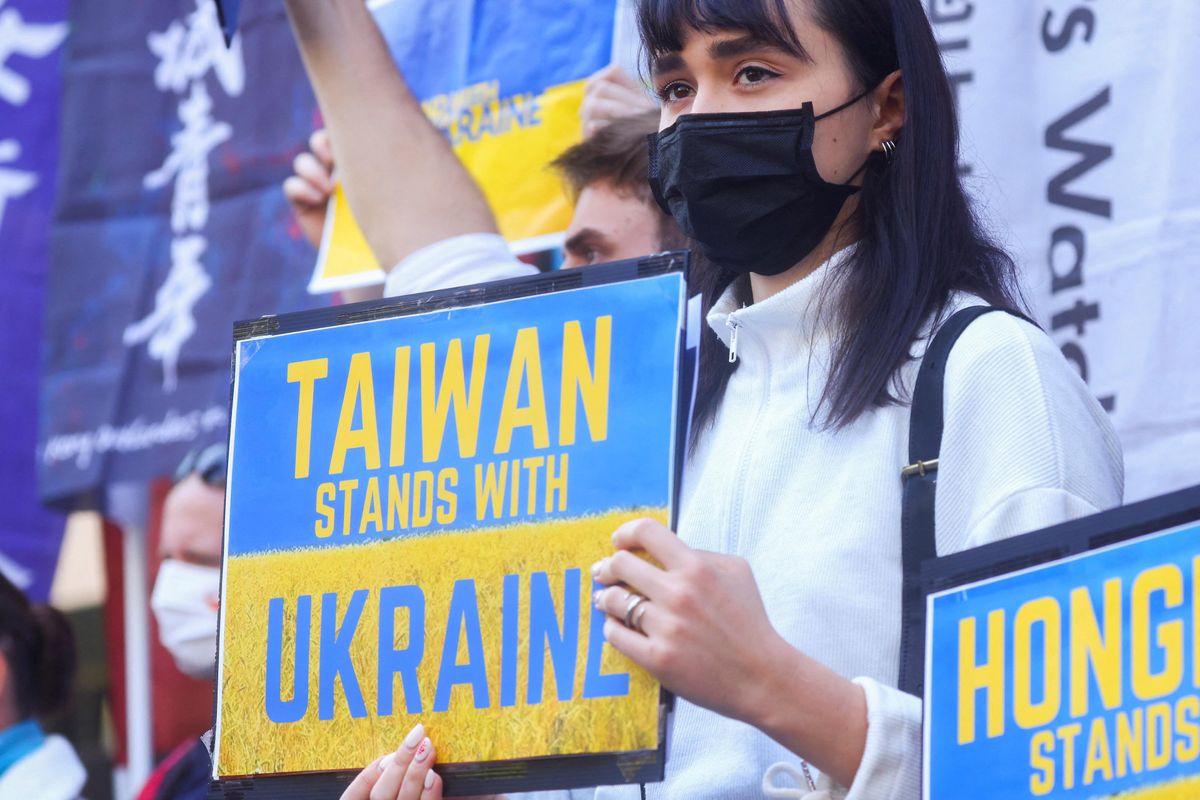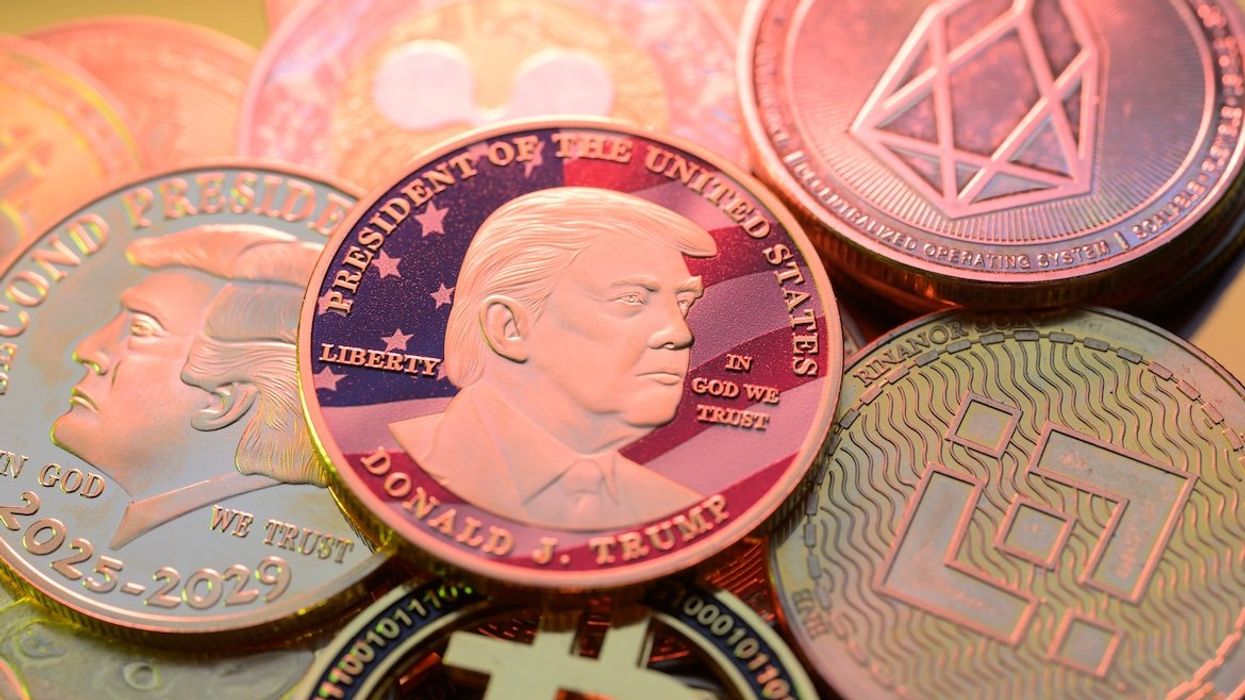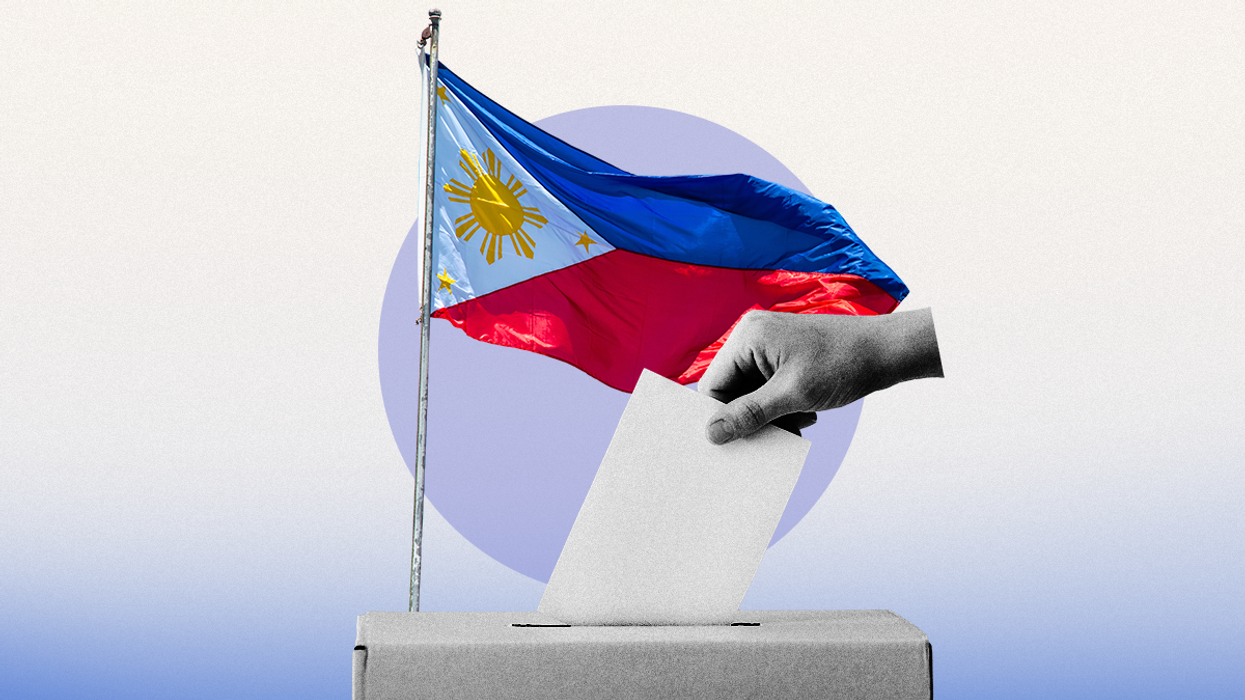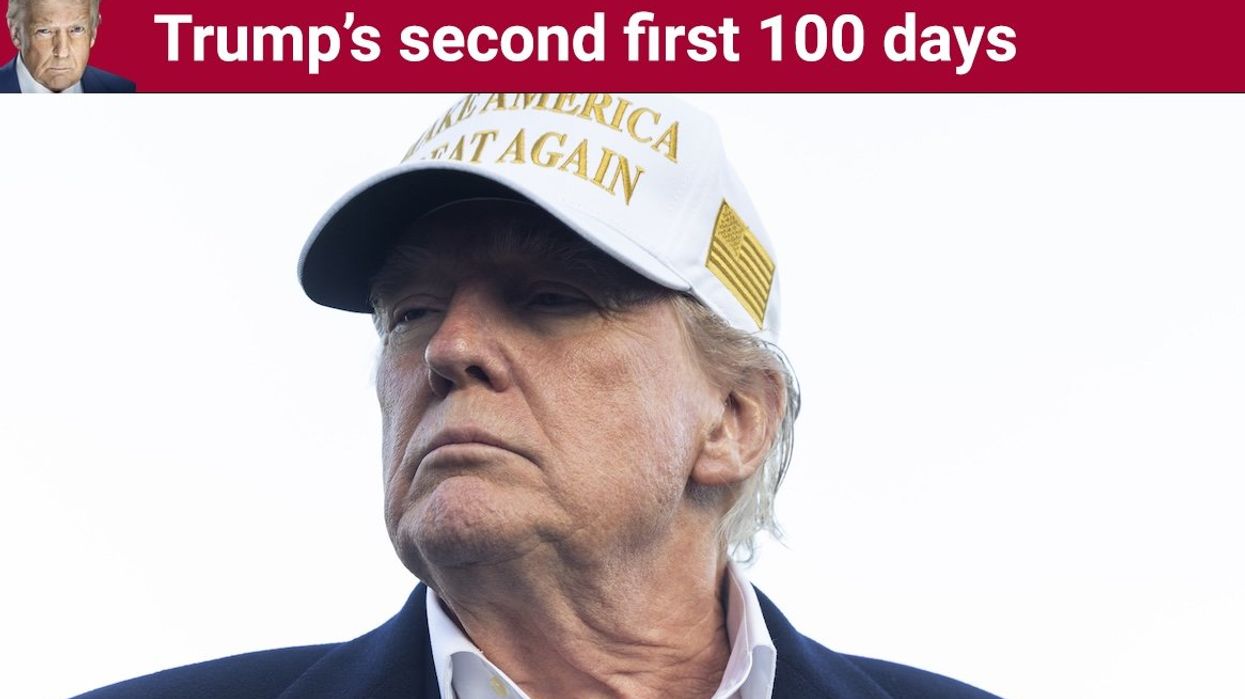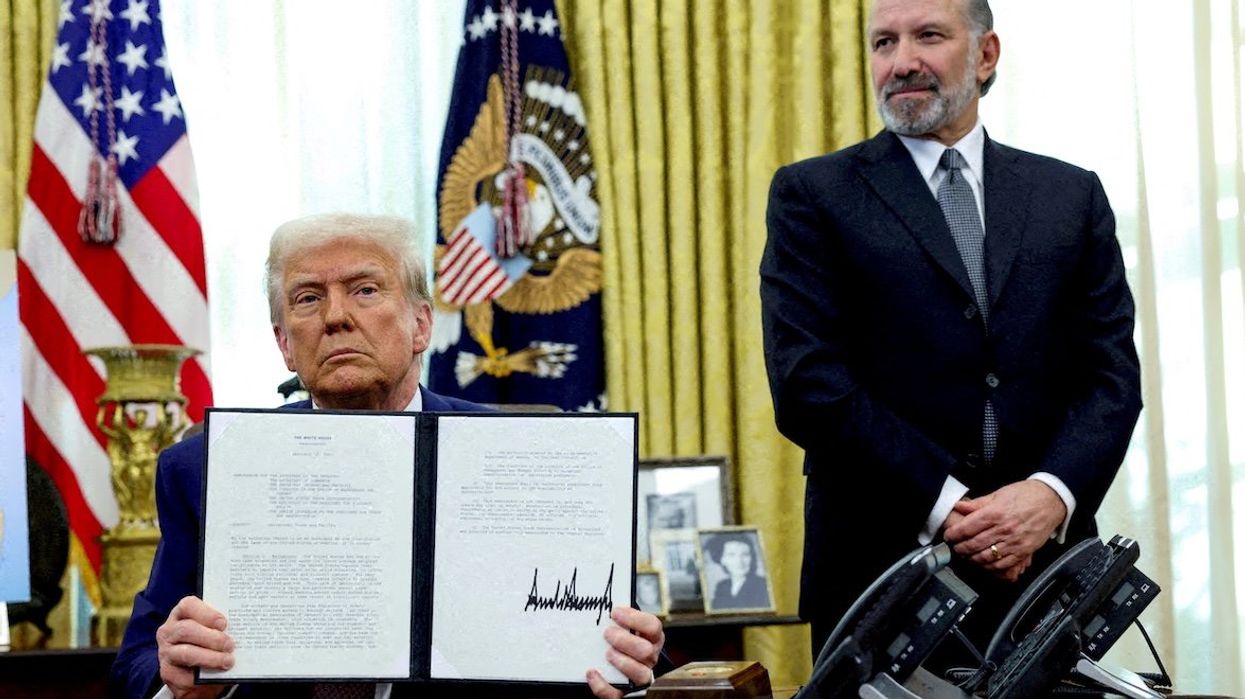Russia’s invasion of Ukraine has spurred a lot of speculation about whether China, Russia's most powerful friend, may soon feel emboldened to use force to achieve its decades-long dream of annexing Taiwan. Eurasia Group analyst Neil Thomas disagrees, seeing no signs of increased urgency in China’s plans for the self-governing island. We asked him to explain.
So, you don’t see any signs of an imminent invasion of Taiwan?
No. It’s true that China has sent more than 30 warplanes into Taiwan’s air defense identification zone in the days since Russia invaded Ukraine on 24 February. But such incursions have been a regular occurrence since at least late 2020 and the number of planes recently is low compared to previous months. These sorties help the Chinese pilots gain experience, stretch the resources of Taiwan’s defense forces, and, when conducted with many planes, send a deterrent message to the West.
What’s more, political signals from Beijing do not indicate heightened aggression. Most significantly, last November the Communist Party’s third history resolution said “time and momentum are always on our side for the complete reunification of the motherland,” language that suggests a lengthy time frame for any move on Taiwan. President Xi Jinping’s economic challenges — set to rise because of Russia’s invasion and the Western sanctions response — even make it plausible that he wants to moderate tensions over Taiwan, at least in the short term. Xi is set to secure a norm-defying third term at the 20th Party Congress, and an economic shock or geopolitical setback could weaken his political standing.
But China wants reunification with Taiwan eventually, right?
Every Chinese leader since Mao Zedong has vowed to reclaim Taiwan. (The territory has been governed separately from the mainland since Chiang Kai-shek and his Nationalist army fled to the island in 1949 after losing the Chinese Civil War to Mao’s Communist rebels.)
In 2019, Xi linked reunification with Taiwan and his overarching goal of achieving China’s “national rejuvenation” as a world power by 2049, the centenary of the People’s Republic of China. Beijing would prefer to realize “peaceful reunification” by persuading or pressuring Taipei to accept a union like those that China has with Hong Kong and Macau but says that, if necessary, it will use force to reunify with Taiwan.
Beijing’s military capabilities are steadily increasing, particularly in areas that would be required for an invasion and for fending off a US intervention. But China is still many years, and likely decades, away from being assured of a quick victory and an easy occupation of Taiwan, especially as warming US-Taiwan relations suggest that Washington and its allies would be increasingly likely to intervene.
So, could Russia’s decision to use force against Ukraine encourage China to do the same with Taiwan in the longer term?
Much will depend on how the invasion of Ukraine plays out. A Russian military failure could discourage Beijing from launching an offensive against Taiwan. Keep in mind that crossing the 100-mile Taiwan Strait would be much more challenging than Russia crossing its land border with Ukraine.
And the West is displaying remarkable levels of unity and resolve in its response to Russia’s invasion, so China could face a more coordinated response than it previously expected. Severe economic sanctions are likely to deter Xi more than they did Putin, because of China’s greater integration with the global economy — although the costs to the West would be higher as well.
The urban combat in Ukraine also underscores not just the difficulty but the bloodiness of such an invasion; even amid heightened nationalism, Chinese leaders will know that images of Taiwanese people killed in conflict would challenge what political legitimacy they have at home and abroad.
How has Taiwan reacted to Russia’s invasion of Ukraine?
There has been no panic so far. Taiwanese President Tsai Ing-wen did issue an instruction to “continue to strengthen preparations for military dynamics in the Taiwan Strait,” but this is a precautionary measure and she sought to downplay the similarities between Ukraine and Taiwan.
The Ukraine crisis could also shift Taiwanese public opinion further away from the opposition Kuomintang Party, which favors engagement with mainland China more than Tsai’s Democratic Progressive Party. Taiwan holds local elections on 26 November, and if the KMT suffers big losses, or walks back its support for closer ties with China, this could lead Beijing to put more pressure on Taiwan.
How is the Ukraine crisis likely to affect the US stance toward Taiwan?
Taiwan is more strategically important to the US than Ukraine. It is part of a chain of islands that runs from Japan to Singapore and forms the bedrock of US security and alliance guarantees in the Indo-Pacific. It is also a far more important US trade and investment partner and is home to semiconductor manufacturing facilities that form an essential link in many global supply chains. In the days following the invasion of Ukraine, a US Navy destroyer sailed through the Taiwan Strait and an unofficial delegation of former US national security officials visited Taiwan, signaling Washington’s continued focus on the region.
The Ukraine invasion has prompted calls for the US to abandon its informal policy of “strategic ambiguity” toward Taiwan — it does not say if it would defend the island from an attack — and commit to its protection. Whether or not it takes that step, which China would regard as highly provocative, Taiwan’s strategic importance to the US means Washington would likely contemplate even stronger sanctions and military operations to protect Taiwan.